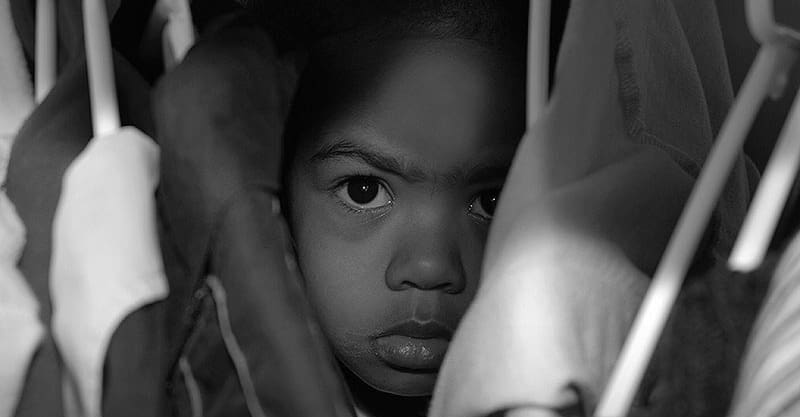
Child trafficking is a grave violation of human rights that affects millions of children worldwide.
This criminal act not only harms the victims but also has far-reaching consequences for society as a whole.
Imagine a world where children are stolen from their families, forced to work in brutal conditions, or exploited for sex. This horrifying reality is child trafficking, a global crime that tears apart lives and communities.
Nigeria faces a grave threat: child trafficking. Children, our future generation, are being exploited and abused in unimaginable ways. This blog post sheds light on this critical issue, its impact on victims and society, and what we can do to fight back.
A Harsh Reality: Child Trafficking in Nigeria
Nigeria is unfortunately a hotspot for child trafficking, with thousands of children falling victim to this nefarious practice every year. Traffickers exploit vulnerable children, often luring them with false promises of a better life like education and jobs or kidnapping them outright. The reality is far bleaker, they are forced into:
- Domestic servitude: Working long hours as unpaid house help, often facing physical and emotional abuse.
- Street begging: Exploited for money, with little food or education.
- Hazardous labor: Working in dangerous conditions in mines, farms, or factories.
- Sex trafficking: Subjected to horrific sexual abuse and exploitation.
Shattered Lives: The Impact on Children
The impact of child trafficking on victims is devastating. Children are subjected to physical, emotional, and sexual abuse. They are deprived of education, healthcare, and a normal childhood. Many suffer from post-traumatic stress disorder (PTSD), anxiety, and depression. The scars of trafficking can last a lifetime.
1. Physical and Psychological Scars
Children who are trafficked endure physical and emotional abuse, including violence, exploitation, and coercion. These traumatic experiences can have long-lasting effects on their mental and physical well-being, leading to anxiety, depression, and post-traumatic stress disorder (PTSD).
2. Loss of Education and Opportunities:
Many trafficked children are deprived of their right to education and are forced into labor or prostitution. This not only robs them of their childhood but also limits their future opportunities for personal and professional growth.
3. Health Risks:
Trafficked children are often subjected to hazardous working conditions, malnutrition, and lack of access to healthcare. As a result, they are at a higher risk of experiencing health problems such as injuries, infectious diseases, and chronic illnesses.
4. Cycle of Exploitation:
Child trafficking perpetuates a vicious cycle of exploitation, where vulnerable children are continuously victimized by traffickers. Without intervention, these children may become trapped in a life of exploitation, struggling to break free from the cycle.
A Weakened Society: The Ripple Effect
Child trafficking weakens societies in many ways:
1. Undermining Human Rights:
Child trafficking undermines the fundamental human rights of children, including the right to safety, freedom, and education. By allowing this injustice to persist, society fails to protect its most vulnerable members.
2. Economic Consequences:
The prevalence of child trafficking has significant economic consequences for society. It perpetuates poverty by exploiting vulnerable populations and depriving children of the opportunity to contribute to their communities in meaningful ways.
3. Public Health Concerns:
Child trafficking contributes to public health concerns by exposing children to physical and psychological harm. The spread of infectious diseases, substance abuse, and mental health issues among trafficked children can have broader implications for public health and safety.
4. Social Fabric:
Child trafficking erodes the social fabric of communities by perpetuating a culture of exploitation and impunity. It undermines trust and cohesion within society and creates fear and mistrust among community members.
5. Fueling criminal activity:
Trafficking rings often have connections to other criminal organizations.
Addressing the Issue of Child Trafficking in Nigeria
Ending child trafficking requires a global effort. Here are some ways you can help:
1. Prevention:
Preventing child trafficking requires a multifaceted approach that addresses root causes such as poverty, inequality, and lack of education. Empowering communities, raising awareness, and implementing protective measures are essential steps in preventing child trafficking.
2. Protection and Support:
Trafficked children must receive adequate protection and support to recover from their trauma and rebuild their lives. This includes access to healthcare, counseling, education, and safe shelter.
3. Legal and Policy Measures:
Strengthening legal frameworks and policies to combat child trafficking is crucial. Enforcing existing laws, prosecuting traffickers, and providing support to victims are essential components of an effective anti-trafficking strategy.
4. Collaboration and Advocacy:
Addressing child trafficking requires collaboration and advocacy at the local, national, and international levels. Governments, civil society organizations, and individuals must work together to raise awareness, mobilize resources, and implement effective solutions.
Conclusion
In conclusion, child trafficking in Nigeria is a grave violation of human rights that has devastating consequences for children and society as a whole. By understanding the root causes of trafficking and taking concerted action to prevent, protect, and support victims, we can work towards creating a safer and more just society where every child can thrive. Together, we can make a difference and put an end to the scourge of child trafficking in Nigeria.



